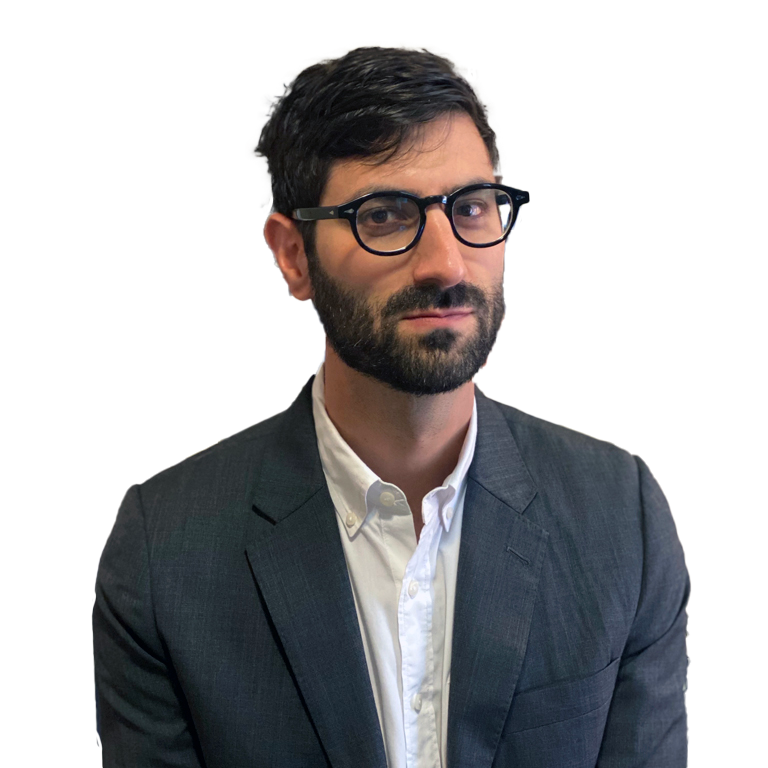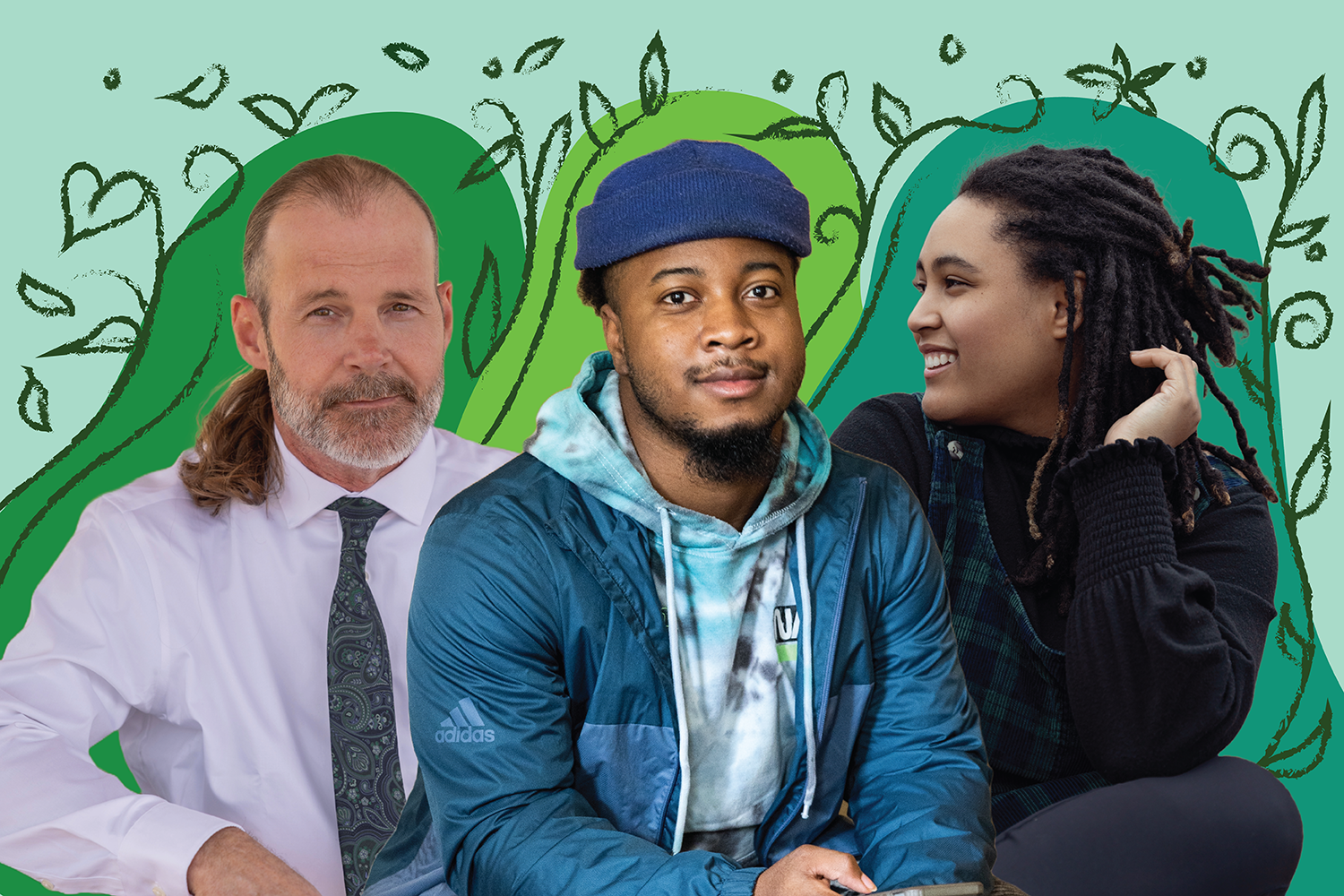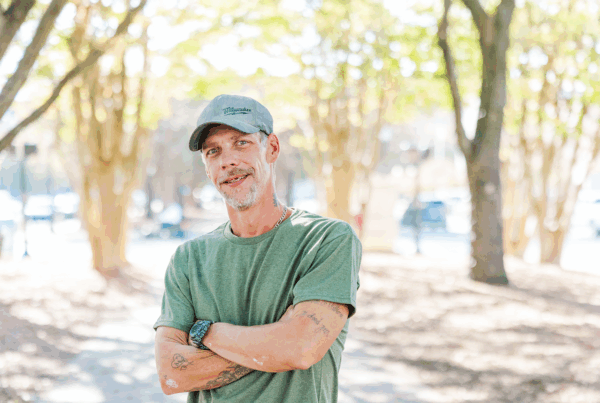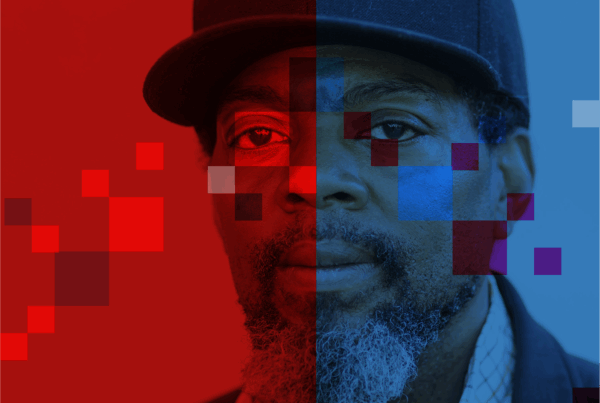Mental illness is not a crime – but it’s treated like one. Too often, people with mental health needs are met with handcuffs and jail time instead of compassion and care. Jail cuts them off from the treatment, medication, and support they need, often worsening their condition.
As we recognize Mental Health Awareness Month, we want to lift up real stories of people who have gotten caught up in this system – and who show that healing is possible when people get the help they need.
Leah: Isolated in a Jail Cell Instead of Cared for in a Hospital
In the midst of a psychiatric crisis, Leah was arrested for trying to retrieve her towed car in a closed impound lot. When police arrived at the scene, she tried explaining that she needed mental health support, but instead, she was jailed and placed in isolation. “I was told I would get mental health help at the jail, but I didn’t,” Leah said. “Instead, I was put in an anti-suicide jacket and kept alone in a cell.”
Leah was able to secure release from jail after a few days, thanks to her husband paying cash bail. After her release, The Bail Project stepped in to support her navigation of the legal process, providing her with court reminders and free transportation to and from court. By the time her case concluded, she finally began to feel more stable, but it was too late to undo the harms of being criminalized during her lowest moment.
Leah has a message to those who find themselves in her situation: “I know a lot of people who experienced abuse or are struggling with their mental health, and it’s so important for them to speak up. Speak to people you trust. Don’t stay silent. Find someone you can talk to.”

Jaylen: Family Support and Medical Care Turned His Life Around
Jaylen’s struggle began long before his arrest. Diagnosed with schizophrenia, he slipped through the cracks of an under-resourced mental health care system. One day, during a severe mental health crisis, he got into a confrontation on the road – not out of malice, but because his mind was unwell. Instead of receiving care, Jaylen was thrown into jail and held on a $30,000 bond he couldn’t afford.
For 12 days, he sat in a cell, confused and untreated, as his psychological state deteriorated. His grandmother, Mrs. Elfreda, feared the worst. She knew too well the dangers of how officers of law enforcement respond to a mental health crisis – and what could happen to a young Black man in a system that too often criminalizes illness. She fought fiercely to bring him home. What he needed was a hospital bed, not a jail cell.
With help from The Bail Project, Jaylen was finally released. But the road ahead was not easy. He cycled through hospitalizations, trying to regain stability. Slowly, with access to proper care and medication, Jaylen began to heal.
Jail did nothing to help Jaylen – it only deepened his suffering. But with compassion and medical support, recovery became possible. His story is a reminder: no one should be punished for being sick.
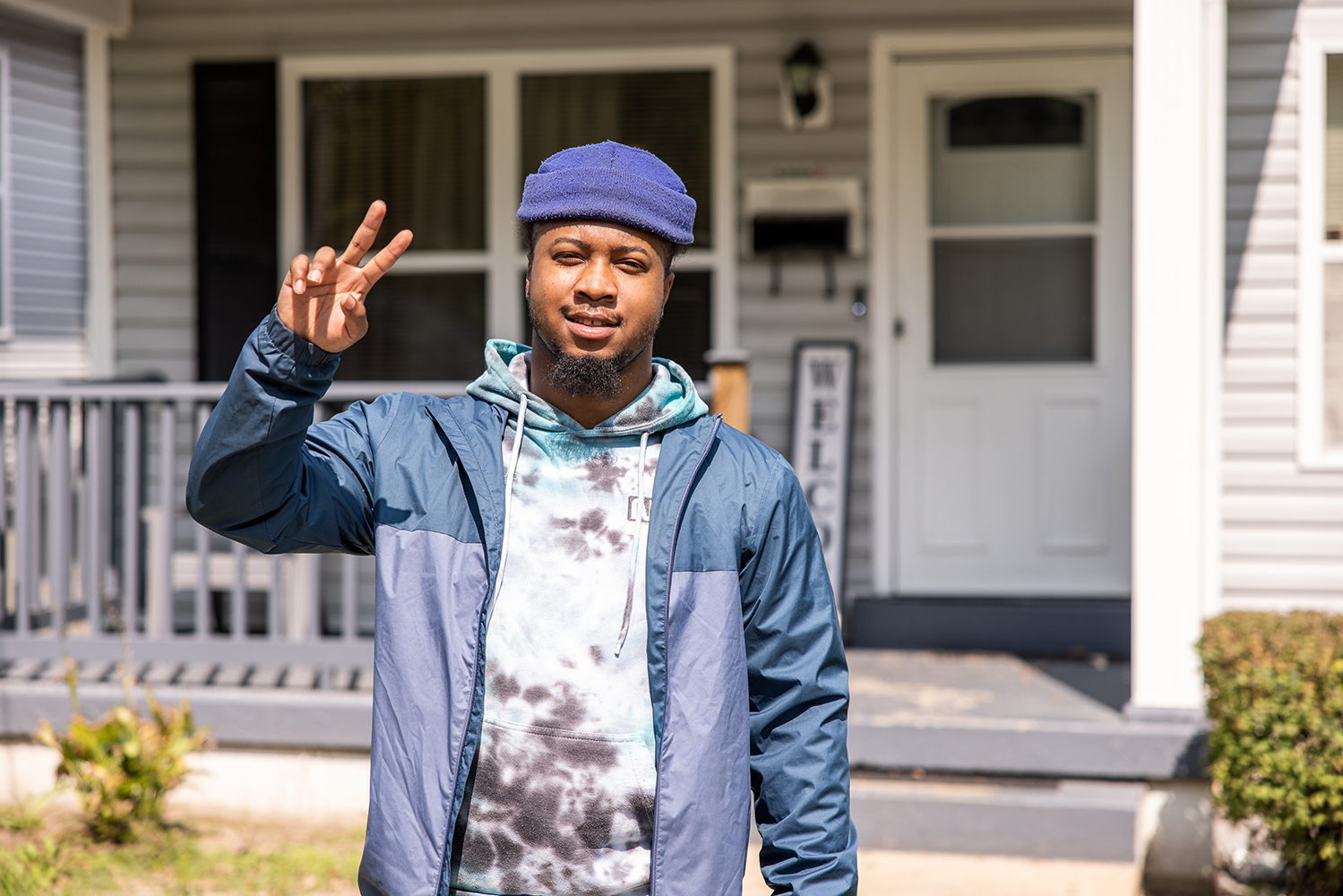
Robby: In Crisis, A Call To The Bail Project Saved His Life
Robby, a Navy veteran from Desert Storm, struggled with addiction after his service, leading him to lose his home and family connections. When he found himself in jail, The Bail Project paid his bail and secured his release. But addiction pulled him back, and in a moment of despair in which he was attempting to take his life, he made a crucial phone call to The Bail Project’s Bail Disruptor who had supported his release. Without hesitation, she sprang into action, sending an Uber to take him to a crisis treatment center. That act of care and quick thinking saved Robby’s life.
Today, Robby has a job, a home, and stability, and The Bail Project was by his side to celebrate his one-year sobriety milestone. “Ever since, I’ve lived every day in gratitude,” Robby said. “I can’t tell you how good life is today.”
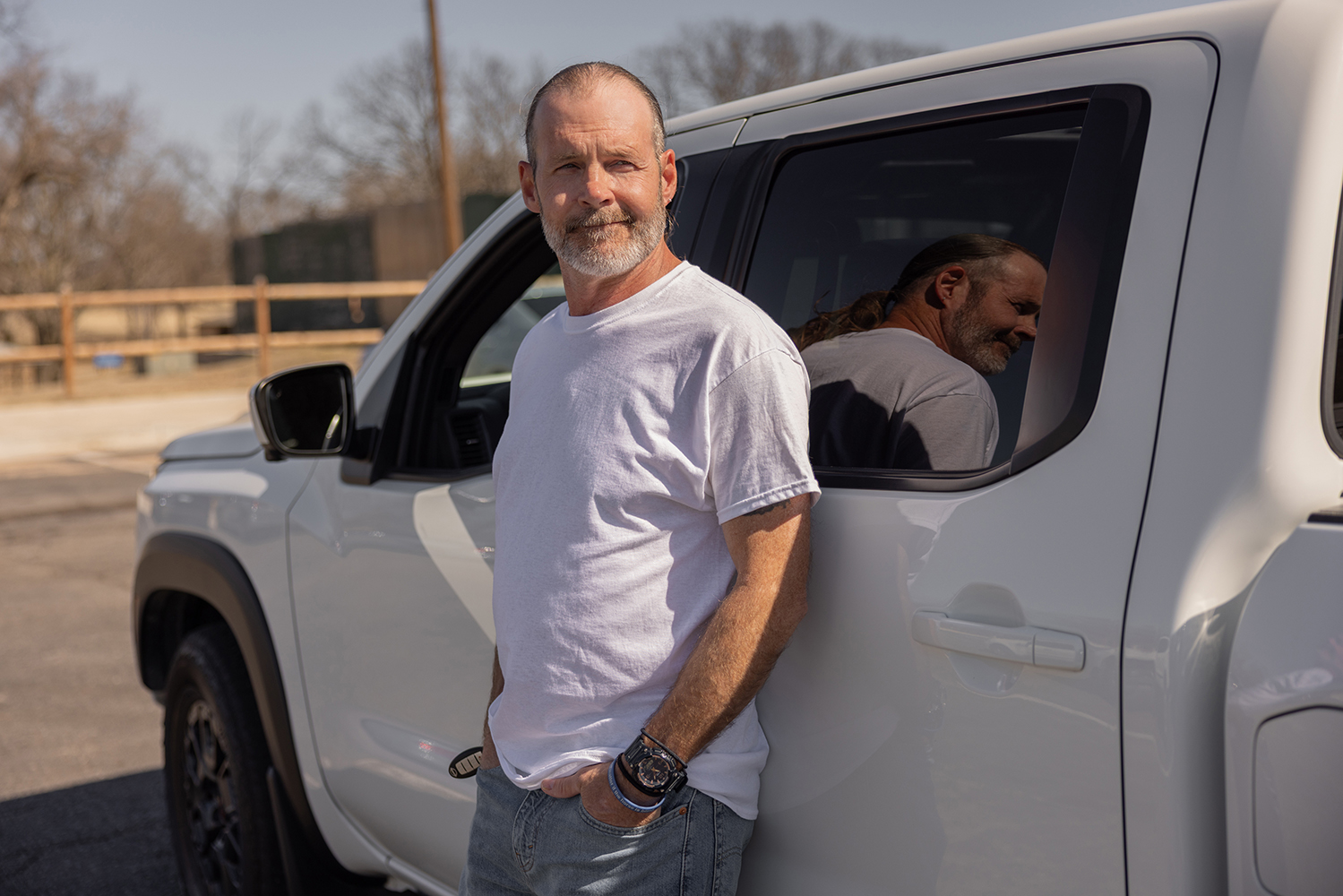
People With Mental Illness Deserve Care, Not Cages
Leah, Jaylen, and Robby all overcame incredible obstacles in the criminal justice system that they never should have had to face. This Mental Health Awareness Month, we honor their resilience and recommit ourselves to breaking down the barriers that criminalize people in crisis.
Mental health – and mental health challenges – touches all of us: our families, our communities, ourselves. One in five adults in the U.S. lives with a mental health condition. And in a moment of crisis, any one of us could find ourselves in need of urgent care, for ourselves or a loved one. But far too often, that care never comes.
At The Bail Project, we are committed to replacing a system of incarceration and punishment with one rooted in community and compassion.
Thank you for your valuable attention. The urgency and complication of the cash bail crisis requires meaningful participation to create real change – change that is only achieved through the support of readers like you. Please consider sharing this piece with your networks and donating what you can today to sustain our vital work.
